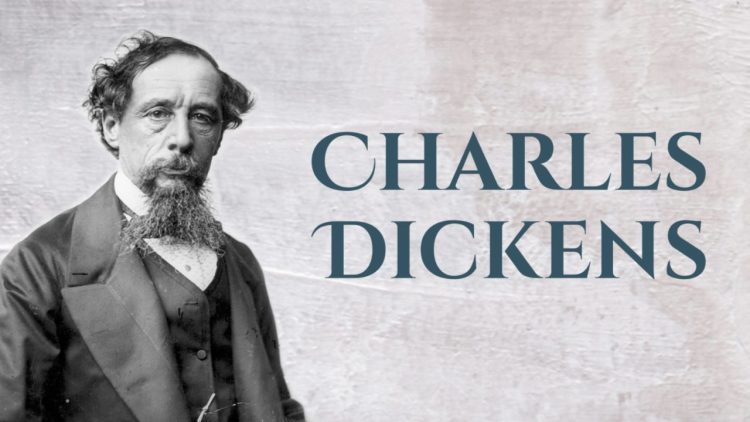It seems Charles Dickens may have predicted modern political slang almost 200 years ago. In Nicholas Nickleby (1838), the author uses the phrase “gammon tendency” to describe a pompous, jingoistic politician. Sound familiar?
The Scene: A “Gammon” in Westminster
The phrase appears in Chapter 16 of Nicholas Nickleby. In this scene, a group of angry constituents confronts their MP, Mr Gregsbury, over his questionable conduct. Gregsbury, a caricature of a self-important politician, defends himself by proclaiming his excessive patriotism:
“Thank Heaven, I am a Briton!”
While his over-the-top rhetoric might have earned applause in the past, it now falls flat. One onlooker comments that Gregsbury’s defence reeks of a “gammon tendency.”
Dickens’ Insight Into the “Gammon” Persona
Gregsbury, described as “a tough, burly, thick-headed gentleman” with “a tolerable command of sentences with no meaning in them,” fits the bill of the modern “gammon” archetype. When confronted with the insult, Gregsbury feigns confusion, only to double down on his exaggerated patriotism.
“‘If [gammon] means that I grow a little too fervid… in extolling my native land, I admit the full justice of the remark.’”
In essence, Dickens portrays Gregsbury as a self-satisfied, middle-aged man hiding selfishness and corruption behind hyperbolic nationalism.
A Prophetic Term or Coincidence?
It’s remarkable how well Dickens’ 19th-century depiction aligns with the contemporary use of “gammon.” Whether by foresight or sheer coincidence, the novelist’s observations about human behaviour have stood the test of time.
You may also like: Rachel Zegler’s Trump rant gets a rewrite: “My emotions got the best of me”







